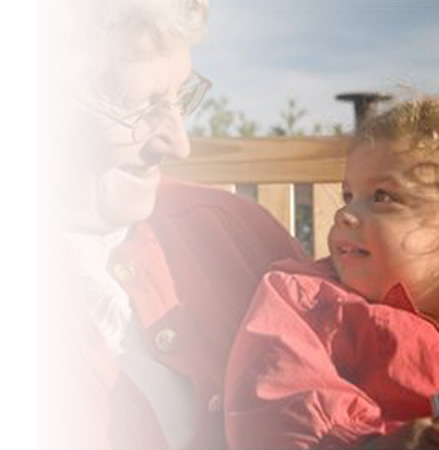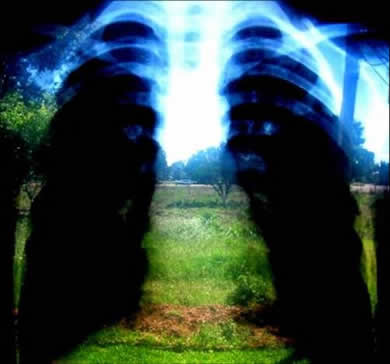Principles of Palliative Care course for GPs



Helping patients to die with dignity and with minimal distress is one of the fundamental aspects of medicine. This session provides an overview of palliative care available in the community in the UK.
This session was reviewed by Khyati Bakhai and last updated in February 2022.
Learning objectives
By the end of this session you will be able to:
- demonstrate knowledge of the principles of palliative care and how it applies to both cancer and non-cancer illnesses
- provide and manage 24-hour continuity of care through various clinical systems
- demonstrate awareness of the key health service policies that influence healthcare provision for palliative care
- work closely with other healthcare professionals in providing palliative care
Most GPs have one or two patients with terminal disease at any one time, although these patients often require a disproportionate amount of GP involvement. On average 47 weeks of the final year of life are spent at home.
Chantal is a working GP at The Banks and Bearwood Medical Practices in Bournemouth and a Fellow of the Royal College of General Practitioners. She has formal academic training with an MSc from Southampton University in Research in Health and a PhD exploring the effects of community support on the psychological health of informal carers.
Chantal has been involved with education since 1999 when she became the lead author and founder editor of the Oxford Handbook of General Practice, which is now in its fifth edition. In 2007 she founded the Royal College of General Practitioner's educational journal, InnovAiT, which she edited until 2017.
Chantal is also currently a Visiting Professor at the University of Westminster Centre for Resilience involved in research and educational activities promoting the wellbeing of healthcare professionals.


Max is currently a lecturer in palliative medicine at the University of Ulster, consultant at the Northern Ireland hospice and honorary consultant in palliative medicine at the Princess Alice Hospice, Esher. He is also the special adviser to the hospice friendly hospitals programme in Dublin and Director of Project ECHO at Hospice UK in London
He is co-author of the Oxford handbook of Palliative Care, Oxford Core text Oncology, The Oxford GP Library Pain and Palliation, London and Belfast Palliative Care Guidelines and series editor of the Oxford specialist end of life handbooks.
Max is the originator of the Princess Alice certificate in Essential Palliative Care which has trained over 1000, doctors and nurses since it began in 2001 and is now running in Nepal, India, Kyrgystan as well as three centres across the UK.
- Communication Impairments Part 4: Autistic Spectru...
- Posted By eIntegrity Healthcare e-Learning
- Posted Date: 2025-01-22
- Location:Online
- This session is the last of four that looks at different speech, language and communication impairme...
- Communication Impairments Part 3: Cleft Palate, He...
- Posted By eIntegrity Healthcare e-Learning
- Posted Date: 2025-01-22
- Location:Online
- This session is the third of four which describe different speech, language and communication impair...
- Communication Impairments Part 2: Specific Speech ...
- Posted By eIntegrity Healthcare e-Learning
- Posted Date: 2025-01-22
- Location:Online
- This session is about speech sound disorder (SSD). It describes the characteristics associated with ...
- Communication Impairments Part 1: Late-talking Tod...
- Posted By eIntegrity Healthcare e-Learning
- Posted Date: 2025-01-22
- Location:Online
- This session is the first of four which describe different speech, language and communication impair...
- Typical Development Part 2: First Words and Early ...
- Posted By eIntegrity Healthcare e-Learning
- Posted Date: 2025-01-22
- Location:Online
- This session gives an overview of the main aspects of how language typically develops in children. I...







